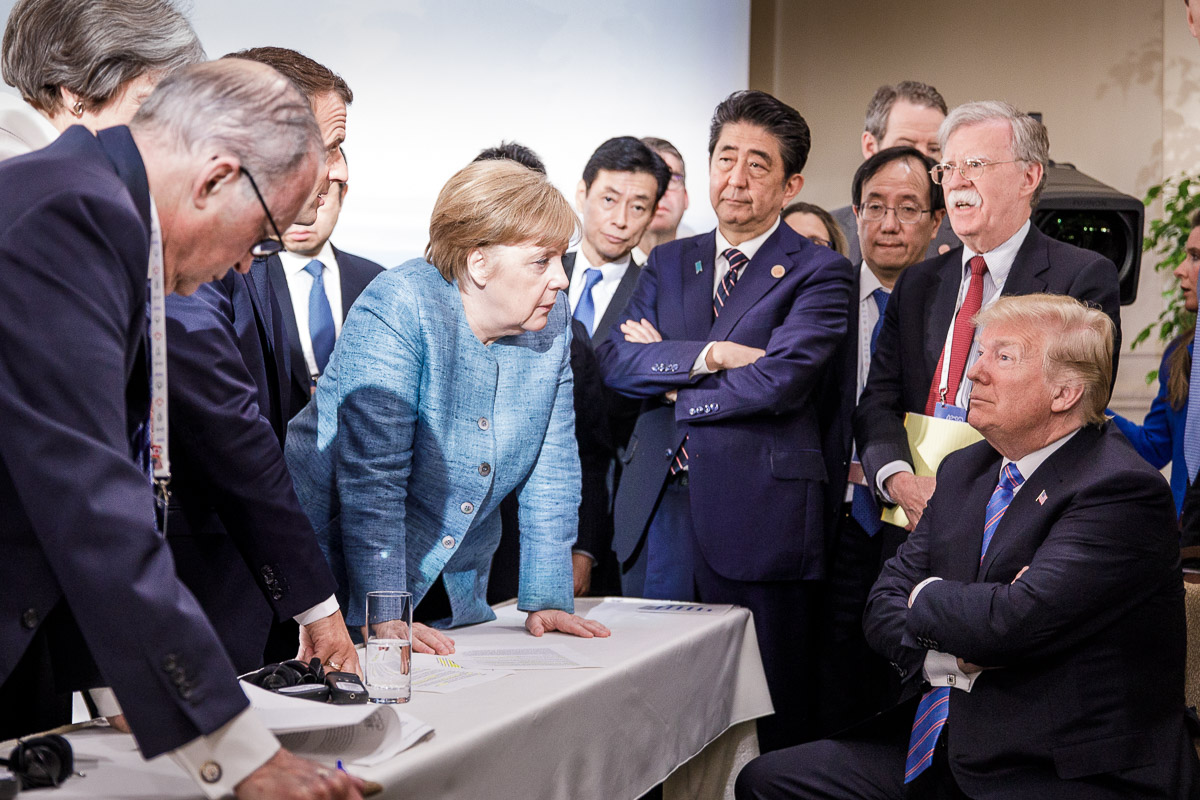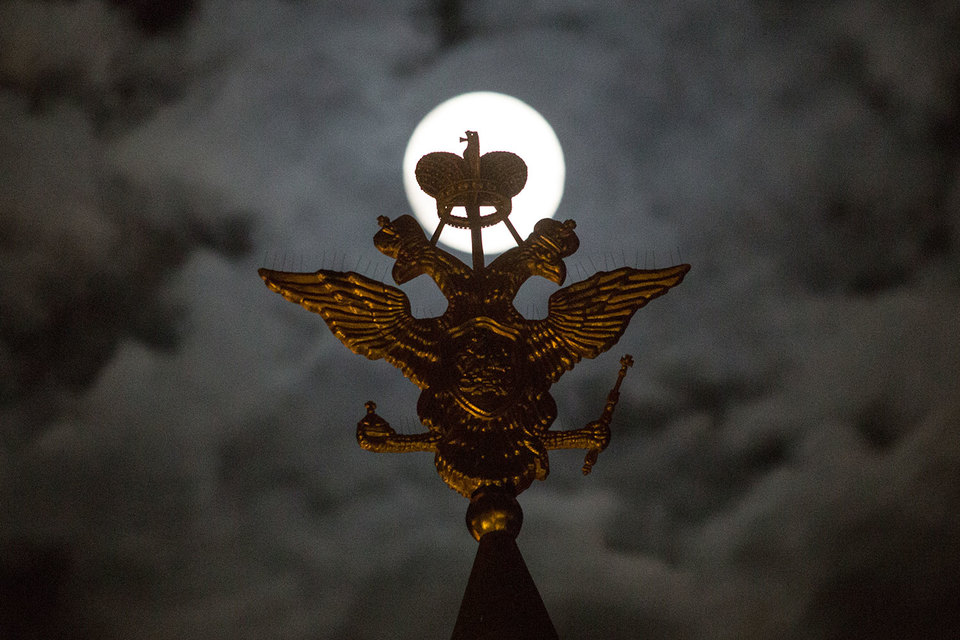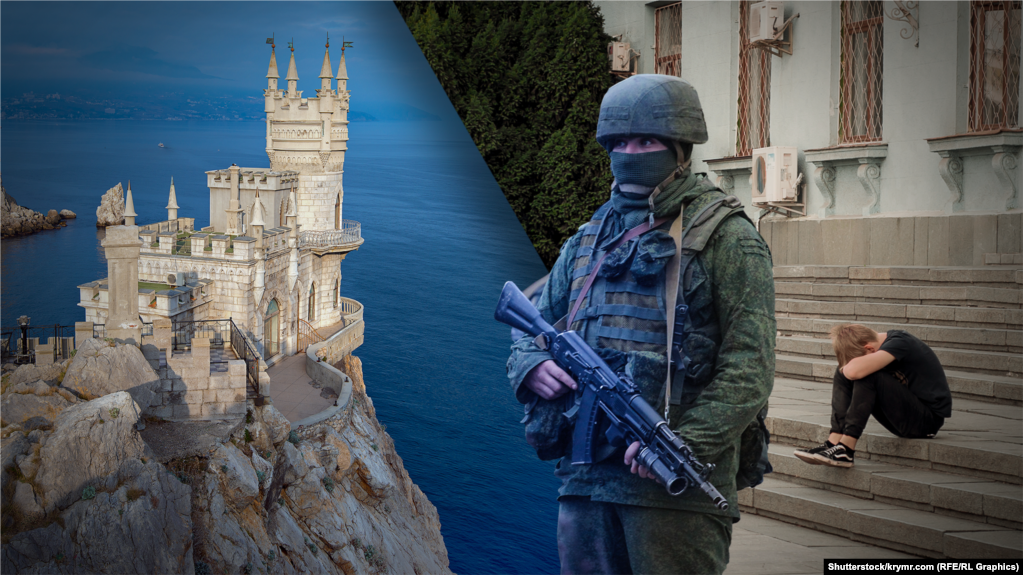The world breathed a sigh of relief as Russian Defense Minister Sergei Shoigu announced that Russia would pullback a portion of its troops from the Russo-Ukrainian border.
Over the past few weeks, Russia gathered 110,000 soldiers near the Donbas and Crimea. Ukrainian forces were on high alert, and Ukrainian President Volodymyr Zelenskyy signed a special law to call upon Ukraine’s reservists during this tense time.
Many politicians, government officials, and policymakers were puzzled by Russian President Vladimir Putin’s actions. Some experts feared that Russia could be preparing for another offensive into Ukraine. Others argued that the Russians were trying to provoke a response from Ukraine and the West.
Regardless of Putin’s intentions, it appears that the escalation between Russia and Ukraine will now wane as thousands of Russian soldiers depart from the Russo-Ukrainian border. What are some of the important lessons learned during this period?
Russia can mobilize its forces on short notice
First, Russia showcased its military prowess as it gathered its forces near the Ukrainian border. In a matter of weeks, Russia mobilized over 100,000 soldiers. The Russians also blocked parts of the Black Sea, and they restricted airspace near Crimea and the Donbas.
The time and manner in which Russia gathered its forces should alarm Ukraine and the West. While the recent buildup did not lead to a new and deadly offensive, it demonstrated that Russia can mobilize its troops on short notice. Given this ability, the West and Ukraine should remain on high alert as the next Russian mobilization effort could be deadly.
Zelenskyy and Ukraine stand their ground
Second, despite the growing number of Russian forces near Ukraine’s borders, Zelenskyy maintained his composure. In an act of solidarity with the Ukrainian people during this tense time, the Ukrainian president visited the Donbas as tensions mounted between Russia and Ukraine. “I want to be with our soldiers in the[se] tough times,” Zelenskyy said in an interview with France 24. Weaker leaders would have folded under this pressure.
Ukrainian soldiers were ordered to hold their ground as Russian forces gathered near the Donbas. Ukrainian forces were also instructed not to return enemy fire as Russia could then use this provocation to justify a new offensive into the Donbas. The gamble paid off. Rather than starting a new conflict, Russia is now demobilizing its forces near Ukraine.
West reaffirms its commitment to Ukraine
Third, the United States, European Union (EU), and North Atlantic Treaty Organization (NATO) reaffirmed their commitment to Ukraine’s sovereignty and territorial integrity. Delegates from the West held phone calls and in-person meetings with Ukrainian officials to discuss Ukraine’s relationship with the West, and the Russian buildup near Ukraine’s eastern borders.
In early March 2021, EU Chief Charles Michel met with Zelenskyy as they visited the Donbas. American President Joe Biden also spoke with Zelenskyy, where they discussed the situation near Ukraine’s eastern border. Then, in early April 2021, NATO Secretary-General Jens Stoltenberg met with Ukrainian Foreign Minister Dmytro Kuleba. These high-profile meetings demonstrate that the West is serious about its commitment to Ukraine.
Finally, the United States Foreign Relations Committee introduced the Ukraine Security Partnership Act. If passed, the United States would authorize an additional $300 million in military assistance to Ukraine.
Russian provocation efforts failed
Overall, Russia’s mobilization near the Ukrainian border put the international community on high alert. The Russians demonstrated that they can gather their forces on short notice, and their actions created a tense environment. Nonetheless, Russia’s provocation efforts failed. Ukraine stood its ground, and the West reaffirmed its commitment to supporting this Eastern European state. As a result, countless Ukrainian and Russian lives have been saved. This has been a coming of age for Ukraine.






